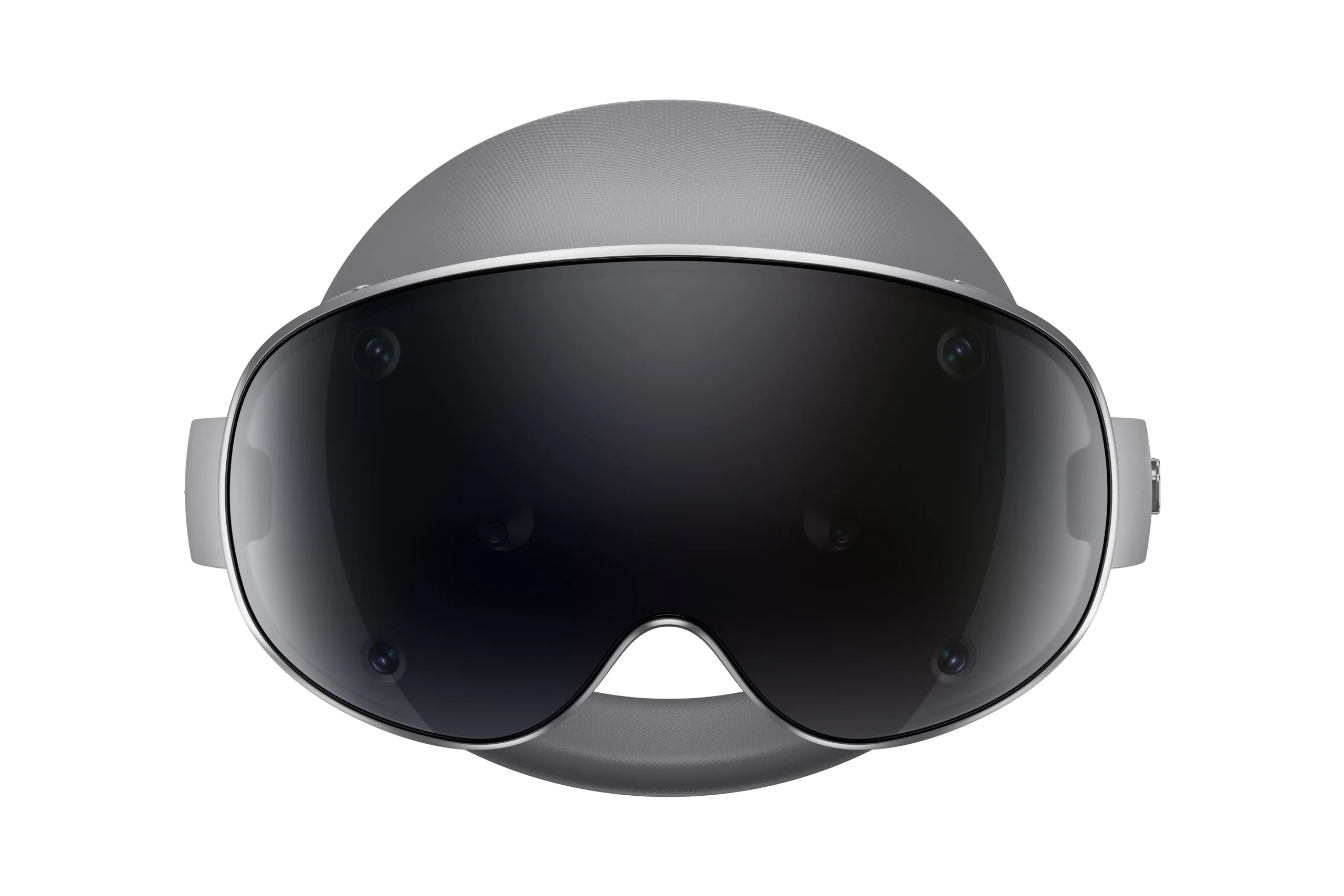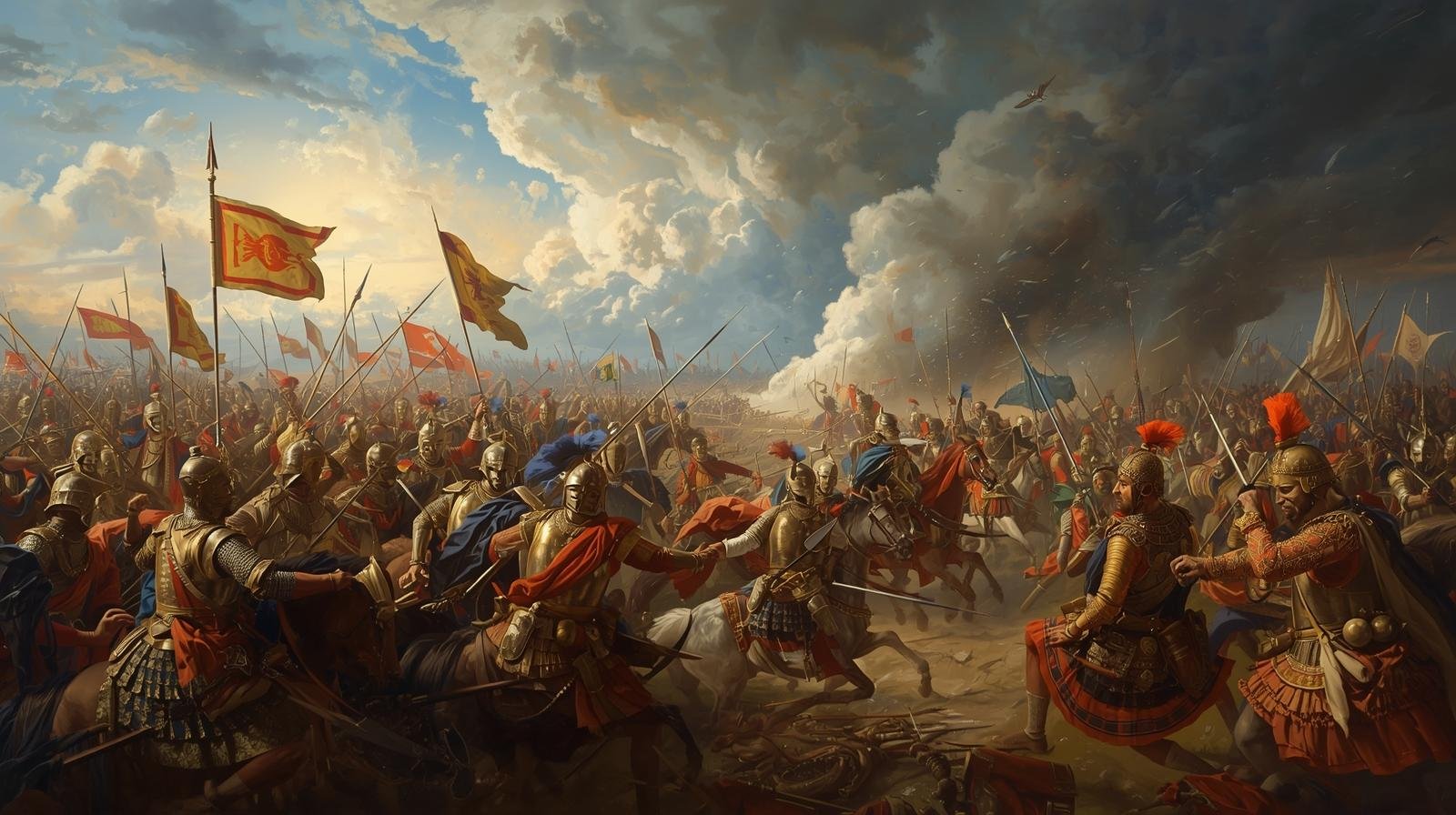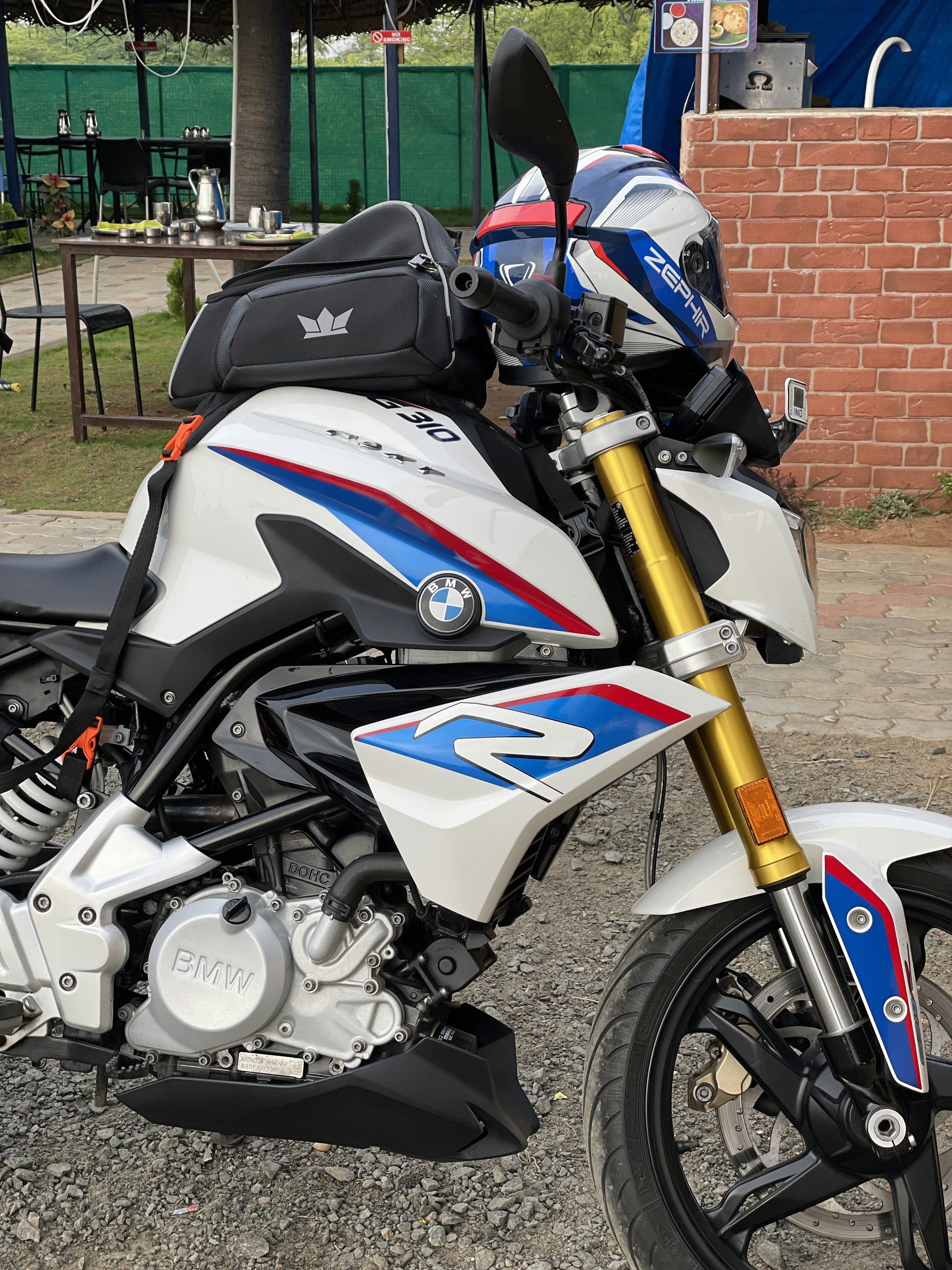Hot Drinks and Cancer Risk: Can Tea and Coffee Increase Esophageal Cancer?
Introduction
For many of us, mornings start with a steaming hot cup of tea or coffee. But did you know that drinking very hot beverages might increase your risk of developing esophageal cancer? A recent study has highlighted the dangers of consuming excessively hot drinks, raising concerns about a common daily habit.
What Does the Study Reveal?
The large-scale study analyzed data from nearly half a million people. It found that people who consumed eight or more cups of very hot beverages every day had a 5.6 times higher risk of developing esophageal squamous cell carcinoma (ESCC) compared to those who drank beverages at safer temperatures.
Even at lower quantities, the risk increases based on how hot the drinks are:
- Up to 4 cups (very hot): 2.5 times higher risk
- 4–6 cups (very hot): 3.7 times higher risk
- 6–8 cups (very hot): 4.8 times higher risk
- 8+ cups (very hot): 5.6 times higher risk
If the drinks are hot but not extremely hot:
- Up to 4 cups: 1.6 times higher risk
- 6–8 cups: 2.5 times higher risk
- 8+ cups: nearly 3 times higher risk
Why Does Heat Cause Harm?
When a drink is too hot (above 65°C or 149°F), it can repeatedly damage the protective lining of the esophagus. Over time, this leads to chronic inflammation, tissue injury, and eventually increases the risk of cancer.
Global Evidence on Hot Drinks
This finding is not new. In 2016, the World Health Organization’s cancer research body classified extremely hot beverages as a “probable carcinogen.” Researchers explained that it is not the beverage itself (whether tea, coffee, or herbal drinks) that poses the danger, but the temperature at which it is consumed.
Studies from South America, Asia, and Africa have also shown similar results, especially in regions where people traditionally consume very hot tea or herbal drinks.
Other Risk Factors for Esophageal Cancer
The risk is not limited to hot drinks alone. Other factors such as:
- Tobacco use
- Alcohol consumption
- Obesity
- Acid reflux
can also increase the likelihood of esophageal cancer. When combined with the habit of drinking very hot beverages, the overall risk becomes significantly higher.
Safe Drinking Temperature
Experts suggest avoiding drinks hotter than 65°C (149°F). Some researchers even recommend keeping beverages between 57–60°C as the safest drinking range.
A practical approach is to let your tea or coffee cool for 5–8 minutes before drinking. This reduces the temperature by around 10–15°C, making it much safer.
Practical Tips to Reduce the Risk
- Let hot drinks cool down before drinking.
- Take small sips instead of large gulps.
- Add milk or cool water to lower the temperature.
- Pay attention to symptoms like difficulty swallowing, persistent cough, or unexplained weight loss, and seek medical advice if they occur.
Conclusion
The problem is not with tea or coffee itself, but with how hot we drink them. Regularly consuming extremely hot beverages significantly raises the risk of esophageal cancer. The risk increases with both temperature and quantity.
The good news is that by making simple lifestyle changes—like allowing your drink to cool down—you can continue enjoying your favorite tea or coffee safely. A little patience could go a long way in protecting your health.










Leave a Reply